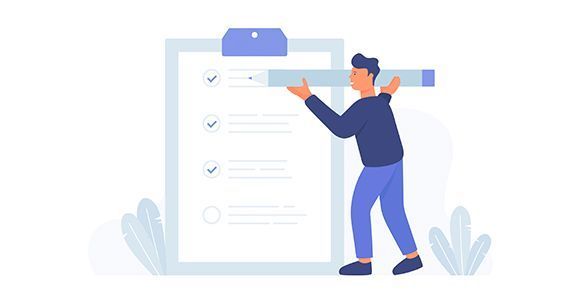Why Succession Planning is Essential for You and Your Business
Planning for your succession will provide certainty for you, your employees and customers.
The Best Time to Start Planning? Now
The ideal time to plan your business exit is now. Proper succession planning involves considering key questions, such as:
- How your business structure will impact a potential sale and tax;
- Where a suitable buyer might come from;
- How the purchase could be funded;
- Whether there’s an optimal time to sell from a capital gains perspective; and
- What level of involvement, if any, you’d like to maintain after stepping away.
Preparing for the Unexpected
Succession planning isn’t just about voluntary exits—it should also account for unforeseen circumstances like illness, disability, or death. This is particularly important for businesses with multiple shareholders.
The right insurance can make all the difference. Having life, trauma, or total and permanent disability (TPD) cover ensures that a business can transition smoothly in difficult situations.
If your business relies heavily on one key individual, key person insurance can help protect it from financial instability in the event of their unexpected departure.
Run-Off Cover: Protecting Yourself After Exit
For business owners in professional services, selling the business doesn’t always mean a clean break. If a claim arises after you’ve exited, you could still be held personally liable, purchasing run-off cover can protect you from legal defence costs and damages.
Securing Your Business’s Future
A well-structured succession plan, supported by the right insurance, can safeguard your business, employees, and financial future. If you’d like to review your current arrangements or explore your options, contact us today.







